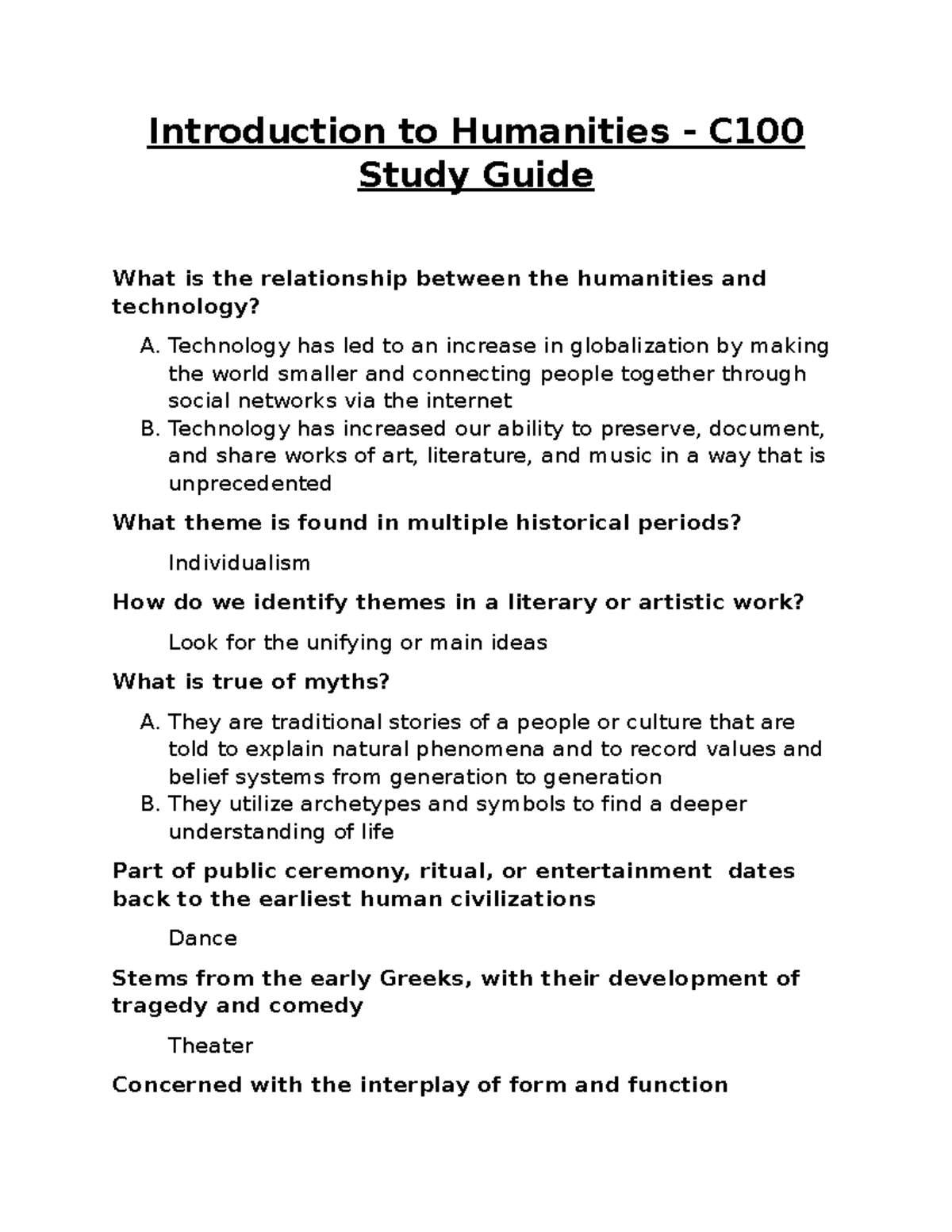Chimamanda Ngozi Adichie is a literary force known for her remarkable ability to weave complex narratives that explore the human experience. Recently, she celebrated a significant milestone with the release of her latest novel, “Dream Count,” which reflects her journey through grief and recovery. In a heartfelt appearance at a Harvard Book Store event, Adichie shared insights into her creative process, emphasizing the importance of radical honesty in fiction writing. As Adichie recounts the emotional moments that fueled this novel, readers are invited to connect with the interconnected lives of her characters. Celebrated for her profound storytelling, Adichie’s work continues to resonate with those seeking a deeper understanding of love and identity amidst life’s challenges.
Chimamanda Ngozi Adichie stands at the forefront of contemporary literature, captivating audiences with her insightful narratives. Her recent work, “Dream Count,” delves into themes of loss and personal growth, resonating with those familiar with the struggles of moving past grief and finding oneself. During a recent event at Harvard, she discussed the pivotal role that radical honesty plays in her storytelling, a principle that underlines her beloved fiction. This latest endeavor not only showcases her literary prowess but also invites readers to reflect on their own paths of self-discovery. Through compelling character arcs and meaningful dialogue, Adichie’s novels encourage us to confront our realities and embrace the complexities of human relationships.
Understanding Radical Honesty in Fiction Writing
Radical honesty is a concept that challenges writers to embrace authenticity in their storytelling. For authors like Chimamanda Ngozi Adichie, this approach becomes pivotal in crafting narratives that resonate deeply with readers. In her latest work, “Dream Count,” Adichie illustrates how honesty can shape characters and drive plot development, allowing for a richer understanding of human experiences. By engaging in radical honesty, writers can explore the complexities of their characters, revealing nuanced motivations and emotional truths that elevate the narrative beyond mere entertainment.
In fiction writing, radical honesty serves not only as a tool for character development but also as a mirror reflecting societal issues and personal struggles. Adichie’s experiences with grief and recovery heavily inform her writing process. As she navigates her own emotional landscape, she urges authors to confront their fears and vulnerabilities on the page. This act of honest expression not only builds a connection with readers, it also invites them to reflect on their own lives, fostering empathy and understanding.
Chimamanda Ngozi Adichie’s Journey Through Grief and Recovery
Grief is a universal theme that often finds its way into literature, and for Chimamanda Ngozi Adichie, it has been a significant part of her creative journey. Following the death of her father, Adichie experienced a profound transformation, prompting her to delve deep into her emotions and examine the intricacies of love and loss. In her novel “Dream Count,” she channels this grief into the narratives of her characters, allowing the raw emotions that come from personal experiences to filter through her writing. This process not only aids her in navigating her recovery but also provides her audience with a deep, relatable exploration of life’s complexities.
Adichie’s perspective on grief encapsulates the idea that recovery is not a linear journey but one filled with unexpected emotional ebbs and flows. In speaking about her father’s passing, she describes a moment of profound clarity where she began to understand the importance of knowing oneself and others. Through her characters, Adichie embodies this journey, illustrating that the paths to healing are as varied as the individuals who experience them. As readers engage with “Dream Count,” they are invited to confront their own experiences with grief, making the book a powerful medium for reflection and healing.
The Influence of Mental Health on Fiction Writing
Mental health plays a crucial role in the writing process, influencing everything from creativity to productivity. Chimamanda Ngozi Adichie’s frank discussion about her struggles during the pandemic highlights how external circumstances can impact a writer’s mental state. Rather than viewing writer’s block as an insurmountable obstacle, Adichie embraces it as part of the artistic journey, recognizing that mental wellness is essential for the creative flow. Her advice to turn to poetry and other forms of art during challenging times underlines the importance of nurturing one’s mental health as a writer.
In her feedback to aspiring authors during the Harvard Book Store event, Adichie emphasized that personal challenges often enrich one’s storytelling. By acknowledging the fluctuations of mental health, writers can create more authentic and relatable characters. The emotional turmoils that come from experiences such as grief, anxiety, or even writer’s block can lead to profound revelations in a character’s journey, prompting readers to connect with their struggles. Through her example, Adichie exemplifies how maintaining mental health can not only sustain a writer during difficult times but can also enhance the authenticity of their work.
The Creative Process Behind Dream Count
Chimamanda Ngozi Adichie’s creative process for “Dream Count” showcases her dedication to authenticity and depth in storytelling. With over a decade invested in the novel, Adichie describes not only the evolution of the narrative but also the personal experiences that shaped her writing. Set against the backdrop of her father’s death and the broader societal changes during the pandemic, her creative journey is one of resilience. This meticulous crafting reflects her conviction that fiction is not merely a product of imagination, but a profound exploration of human experience that requires both patience and honesty.
Moreover, Adichie’s commitment to her characters demonstrates her belief in the psychological intricacies that define individuals. Each character in “Dream Count” embodies various aspects of vulnerability and strength, mirroring real-life experiences of grief, love, and self-discovery. By allowing her characters to navigate the complexities of life, Adichie creates a narrative that resonates on multiple levels. She further emphasizes that the acts of mourning and self-exploration are not mere themes but are essential elements of fiction that provide readers with a deeper understanding of their own realities.
Exploring Self-Knowledge in Fiction
Throughout her literary career, Chimamanda Ngozi Adichie has been keenly aware of the theme of self-knowledge in fiction. In her latest work, “Dream Count,” she explores how understanding oneself can lead to more profound interpersonal relationships. Adichie paints a vivid picture of her characters embarking on journeys of self-discovery, highlighting the struggles and triumphs inherent in this process. By inviting readers into the minds and hearts of her characters, she encourages them to reflect on their own lives and consider their paths toward self-awareness.
Self-knowledge is intricately linked to the narratives Adichie weaves, as she navigates the complexities of human relationships through her characters’ lenses. This exploration requires a level of radical honesty that resonates with her audience, engaging them in universal themes of identity, love, and loss. By presenting her characters’ quests for self-knowledge, Adichie not only enriches her storytelling but also offers a mirror in which readers may examine their personal journeys. Her ability to intertwine fiction with such impactful themes demonstrates the power of literature to foster genuine introspection.
The Role of Harvard Book Store in Celebrating Literature
The Harvard Book Store has long served as a cultural hub for literature enthusiasts, fostering community engagement through author events and discussions. Chimamanda Ngozi Adichie’s recent appearance showcased the store’s commitment to promoting diverse voices in literature, creating a space where readers can connect with authors and delve into the narratives that shape our world. Events like these spark meaningful conversations around critical themes such as grief, radical honesty, and the creative processes that underpin fiction writing.
By hosting authors of Adichie’s caliber, the Harvard Book Store plays a vital role in advancing literary discourse and encouraging readers to explore not just stories, but also the emotional and psychological journeys presented within them. The intersection of literature and community that the store cultivates is essential in fostering a rich cultural environment where voices like Adichie’s can thrive. Through engaging events, audiences are encouraged to reflect on their own experiences while celebrating the power of storytelling in all its forms.
Adichie’s Advice for Aspiring Writers
Chimamanda Ngozi Adichie offers invaluable insights to aspiring writers drawn from her own journey through the literary world. Prominently, she urges writers to embrace their personal experiences and transform them into authentic narratives. Her idea of radical honesty supports the notion that sharing one’s vulnerabilities can lead to more compelling storytelling. Adichie emphasizes that being true to oneself is essential in creating characters and plotlines that resonate with readers, encouraging forthcoming writers to find strength in their unique perspectives.
Additionally, Adichie advises young authors to read widely and continuously immerse themselves in various forms of literature, including poetry. This practice not only inspires creativity but also sharpens their ability to express complex emotions and ideas. Writing is a craft that flourishes through dedication, and through her own experiences with writer’s block and emotional turbulence, Adichie demonstrates that perseverance is key. Her journey embodies the belief that every setback can serve as an impetus for growth, a message she passionately imparts to the next generation of storytellers.
The Interconnectedness of Storytelling and Healing
The act of storytelling has profound implications for personal healing and emotional recovery. In her career, Chimamanda Ngozi Adichie has tapped into this interconnectedness, using her narratives to navigate her own experiences with grief and trauma. “Dream Count” serves as a reflective outlet where Adichie channels her emotions into the lives of her characters, illustrating how storytelling can be transformative. By portraying the journeys of interconnected women grappling with their own adversities, Adichie highlights the healing power of sharing vulnerabilities in narrative form.
Moreover, the therapeutic nature of writing fosters a sense of community among readers, as they see their challenges reflected in the characters’ struggles. As Adichie urges her audience to confront their grief and self-knowledge, she reinforces the idea that storytelling is not just about entertainment, but also about catharsis and connection. The creation of stories can lead to discussions about mental health and healing, encouraging individuals to address their emotions and share their own journeys, ultimately facilitating a process of collective recovery.
Celebrating Cultural Diversity Through Literature
Cultural diversity enriches the literary landscape, and authors like Chimamanda Ngozi Adichie bring vital perspectives to the forefront. In “Dream Count,” she explores themes that resonate across various backgrounds, presenting characters grounded in rich cultural contexts. By weaving her Nigerian heritage into her narratives, Adichie invites readers from different races and histories to engage with her storytelling, promoting understanding across cultural divides. Her work exemplifies the importance of embracing diversity in literature to foster empathy and broader worldviews.
Furthermore, Adichie’s emphasis on the interconnectedness of women’s experiences in “Dream Count” highlights the universal struggles that transcend cultural boundaries. Each character’s journey serves as a testament to the strength found in unity and understanding among diverse communities. Literature becomes a medium that not only celebrates individuality but also recognizes shared human experiences. Adichie’s work calls on readers to appreciate these connections, ultimately creating a more inclusive literary environment where all voices can be heard.
Frequently Asked Questions
What themes does Chimamanda Ngozi Adichie’s novel ‘Dream Count’ explore?
Chimamanda Ngozi Adichie’s ‘Dream Count’ explores themes of self-discovery, love, and the complexities of grief and recovery. The narrative follows four interconnected women as they navigate their lives, reflecting on the multiple paths life can take and the pursuit of self-knowledge in the wake of personal loss.
How did Chimamanda Ngozi Adichie’s personal experiences influence ‘Dream Count’?
Chimamanda Ngozi Adichie’s personal experiences, particularly the loss of her father, significantly influenced ‘Dream Count’. Her intense grief sparked insights into love, self-knowledge, and the emotional truths behind human connections, shaping the novel’s depth and character development.
What does Chimamanda Ngozi Adichie mean by ‘radical honesty’ in fiction writing?
In her discussions on fiction writing, Chimamanda Ngozi Adichie describes ‘radical honesty’ as a fundamental principle that requires writers to fully immerse themselves in the truth of their characters and narratives. This approach enables the creation of poignant and relatable stories that resonate with readers.
What is the significance of the Harvard Book Store event for Chimamanda Ngozi Adichie?
The Harvard Book Store event marked a significant milestone for Chimamanda Ngozi Adichie with the release of ‘Dream Count’, a novel long in the making. It provided an opportunity for Adichie to connect with her audience, share her creative journey, and discuss the emotional aspects behind her writing.
How does ‘Dream Count’ relate to grief and recovery as described by Chimamanda Ngozi Adichie?
‘Dream Count’ relates to grief and recovery through the experiences of its characters, especially in addressing personal losses. Chimamanda Ngozi Adichie uses the backdrop of grief she personally faced to delve into themes of healing and the understanding of oneself and others during transformative life events.
What advice did Chimamanda Ngozi Adichie provide to aspiring writers about giving themselves away in their fiction?
Chimamanda Ngozi Adichie advised aspiring writers that to create impactful fiction, one must be willing to give a part of themselves away. This ‘radical honesty’ not only enriches the narrative but also fosters a deeper connection with the audience, making the writing authentic and grounded.
How did Chimamanda Ngozi Adichie balance motherhood with her writing career?
Chimamanda Ngozi Adichie emphasizes that motherhood has taught her invaluable lessons that impact her writing career. She notes the importance of finding balance, stepping back when necessary, and engaging with creative pursuits like poetry to maintain her connection to writing, even during challenging periods.
| Key Point | Details |
|---|---|
| Chimamanda Ngozi Adichie’s New Book | Adichie’s latest novel, “Dream Count,” took over 10 years to complete. |
| Themes of the Novel | The novel explores love, self-discovery, and the interconnected lives of four women. |
| Personal Impact on Writing | Adichie’s father’s death profoundly affected her, leading her to write with more authenticity about grief and self-knowledge. |
| Audience Engagement | During a Q&A, readers appreciated her character depth and sought advice on writing. |
| Radical Honesty | Adichie emphasizes that writing fiction requires honesty and a willingness to explore one’s truth. |
| Balancing Family and Career | Motherhood has taught Adichie the necessity of balance in her life and writing pursuits. |
Summary
Chimamanda Ngozi Adichie, an acclaimed novelist, continues to captivate readers with her profound storytelling and explorations of identity in her latest work, “Dream Count.” This narrative not only showcases her exceptional literary talent but also reflects her journey through personal grief and radical honesty, solidifying her position as a leading voice in contemporary fiction.



